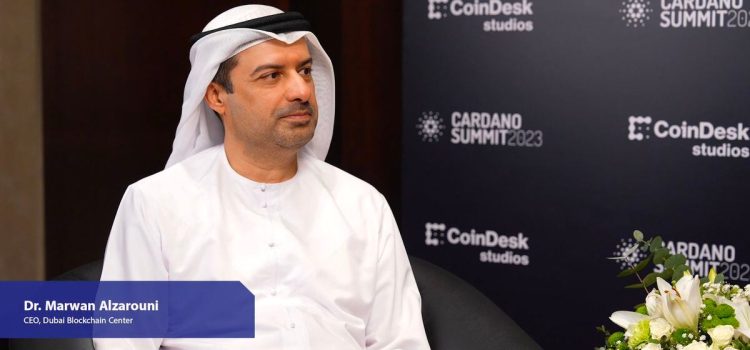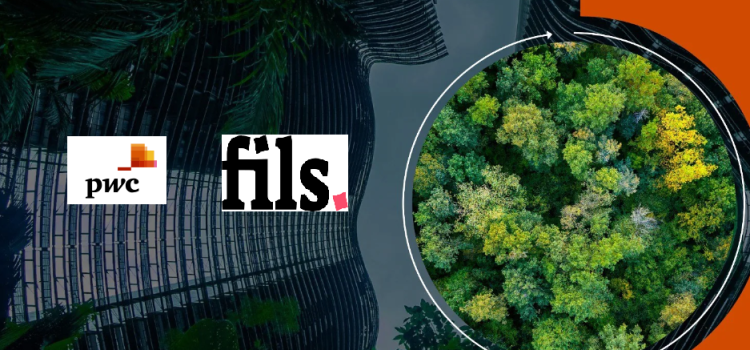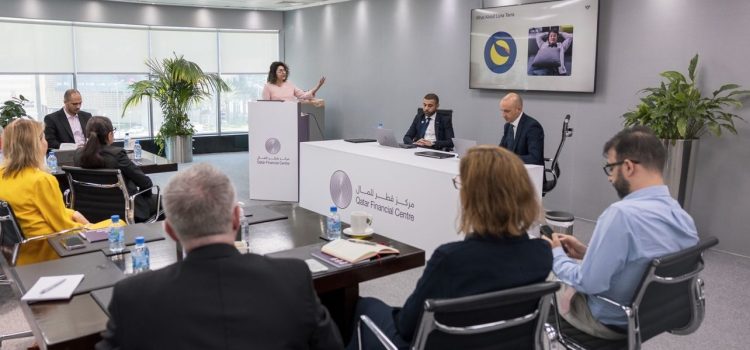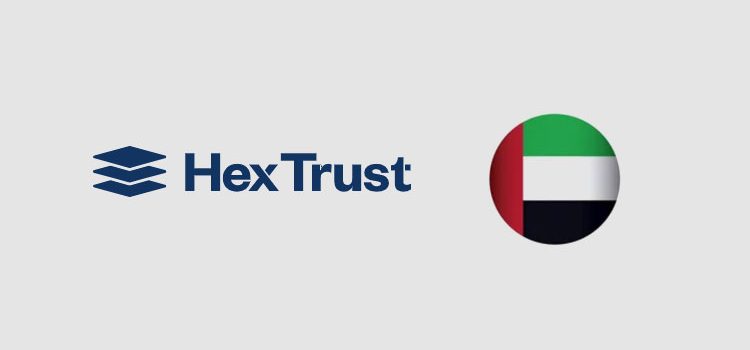
WadzPay, a fintech blockchain based technology for virtual asset payment solutions, has announced its entrance into the Stablecoin business. According to the press release, this will shift Wadzpay’s strategy from one of being a virtual asset payments company to a blockchain financial services solutions provider. The new solutions will be organized as a new business and new brand. To ensure regulatory compliance, WadzPay will set up a new entity and will pursue approvals in UAE, Hong Kong, and Singapore.
WadzPay recently was granted a license for crypto brokerage by Dubai’s virtual asset regulatory authority, pending finalizing some requirements.
The decision to venture into the Stablecoin market comes as a response to the increasing demand for secure, transparent, and efficient digital payment solutions worldwide. WadzPay will introduce two main products: Stable Coin as a Service and its own regulated USD$ Stablecoin, designed for local and international payments, cross border remittances, and settlements of on-chain transactions related to RWA.
According to recent market research by Bernstein, the global market for stablecoins is projected to grow from $125 billion to almost $3 trillion in next 5 years. This growth is fueled by factors such as the rise of decentralized finance (DeFi) applications, cross-border remittances, and the need for stable digital assets to mitigate volatility risks in cryptocurrency markets.
By leveraging blockchain technology, WadzPay aims to provide users with a reliable alternative to traditional fiat currencies, offering stability, convenience, and speed at lower cost in transactions for merchants, businesses and individuals worldwide. With a focus on compliance and regulations, WadzPay is poised to address the growing demand for stablecoins while ensuring security and regulatory compliance in its operations. Apart from the traditional use cases, WadzPay will add some new and innovative uses of stablecoins to the mix.
With this strategic move, WadzPay aims to innovate in solving foreign exchange problems and will introduce an innovative first-in-market business model, setting itself apart from competitors. WadzPay will build a world class team under the new leadership to drive this business.
Founder & Group CEO of WadzPay, Mr. Anish Jain, emphasized the strategic significance of this expansion, stating, “Our entry into the stablecoin business reflects our dedication to meeting the evolving needs of our customers and staying at the forefront of technological innovation. With the growing adoption of virtual assets, particularly stablecoins, we see tremendous potential for growth and are excited to offer our expertise in this space, while remaining committed to compliance and regulations.”
Leading the initiative is Mr. Jason Sarria-Solis as the President – Emerging & New Business in charge of the stablecoin business. With over 20 years of experience in the technology and fintech industry, Mr. Jason brings a wealth of knowledge and a proven track record of driving business growth and innovation. He has led multiple projects spanning from founding and scaling a successful telecom startup in the UK to leading digital banking, embedded finance, and blockchain projects in Asia.
Commenting on his appointment, Mr. Jason Sarria-Solis expressed his enthusiasm, stating, “I am thrilled to join WadzPay at such a pivotal moment in the company’s journey. The stablecoin market presents immense opportunities for disruption and advancement in the payments, remittance, and on-chain settlement space, and I look forward to leading our team in delivering innovative solutions that meet the needs of our users and drive the company’s growth.”
WadzPay remains committed to its mission of revolutionizing the virtual asset financial services landscape with blockchain technology, and the expansion into the stablecoin business marks a significant milestone in this journey. With a focus on technological excellence, customer satisfaction, and strategic partnerships, the company is poised to emerge as a key player in the financial services ecosystem.













